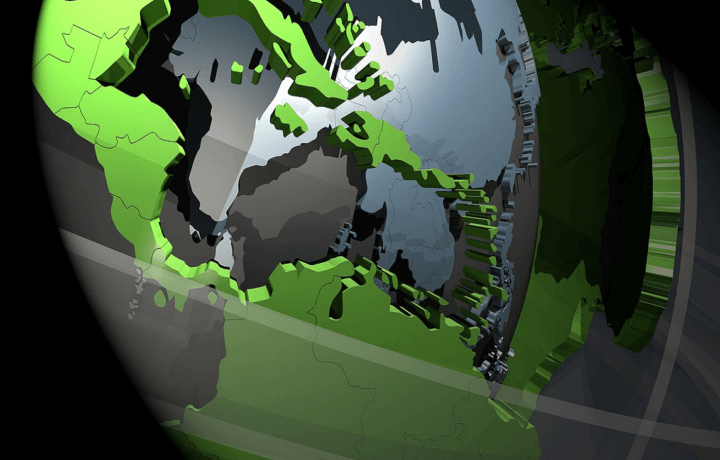Next Saturday will mark 20 years since the late socialist firebrand Hugo Chávez became president of the Bolivarian Republic of Venezuela. Since then, the oil-rich country has has had many problems, and it continues to have many problems. But a U.S.-backed coup is not one of them, despite what current President Nicolás Maduro—and at a few elected representatives here in the U.S.—say.
Venezuela is certainly in crisis. Its leadership is certain to change hands in the coming weeks—or week. But just as none of the 1989 uprisings across Eastern Europe that swept Communism into (to borrow Leon Trotsky’s phrase) “the dustbin of history” were coups d’etat, neither is what’s happening to our south.
On Wednesday, 35-year-old Juan Guaidó, president of the country’s legislature, took to the streets to declare that Maduro’s recent “reelection” was a fraud. As the highest-ranking democratically elected government official, he told the assembled crowd he was assuming the presidency. According to the Associated Press, Guaidó coordinated the move not only with the U.S. government, but with the 14-nation “Lima Group,” which comprises most of the South and Central American nations, plus Canada.
That’s all the evidence his critics at home and abroad needed. Maduro called Guaidó’s declaration a coup, saying that Venezuela is falling prey to “a US conspiracy.” But is it really?
Legitimate and Constitutional
On Saturday, Venezuela’s military attaché in Washington, Col. José Luis Silva, released a video statement where he called on his fellow Venezuelan military service members to recognize Guaidó “as the only legitimate president.” Still, Venezuela’s military leaders, whose ranks were purged of dissenters after the failed 2002 coup attempt against Chavez, are standing firm behind Maduro.
So this turn of events is certainly not a military coup. Even using a broader, non-military definition, Guaidó’s actions on Wednesday are revolutionary (or perhaps more accurately, counterrevolutionary), but no sober analysis could call them a coup d’etat. They are, in fact, a legitimate assumption of power under the Venezuelan constitution.
You wouldn’t know it by listening to some members of Congress. “We must learn the lessons of the past and not be in the business of regime change or supporting coups,” said Sen. Bernie Sanders (D-Vt.). Rep. Tulsi Gabbard (D-HI), who is among the early crop of Democrats announce a presidential campaign, said the U.S. “needs to stay out of Venezuela.” She added, “We don’t want other countries to choose our leaders–so we have to stop trying to choose theirs.”
And Rep. Ilhan Omar (D-Minn.) tweeted that Wednesday’s events are evidence of “Trump’s efforts to install a far right opposition.” Quite to the contrary, Guaidó’s and his party, the Popular Will, would be right at home at a Sanders rally. Despite being described as “third way” or a “center-left party” Popular Will is an admitted member of the Socialist International, an organization that the Democratic Socialists of America, the party of a few of the more outspoken newly members of Congress, withdrew from only in August 2017.
Interestingly, Maduro’s Socialist Party is not a member of the SI.
The U.S. is not alone in Supporting Guaidó
The U.S. has backed many military coups across South and Central America, so it’s understandable that many would believe that to be the case now. But even if Guaidó received a pledge of support from the U.S. before playing his hand, there’s plenty of daylight between that and saying the U.S. planned and orchestrated his assumption of power. In fact, the list of countries that have recognized Guaidó as the legitimate ruler of Venezuela is long, and growing.
Among the nations supporting the new leader are Canada, and the United Kingdom, along with most of the Central and South American countries. Mexico, Uruguay, French Guiana, the Vatican, and the European Union have called for additional dialogue. Nicaragua, El Salvador, Guyana, and Suriname are the only American nations not yet to have not taken a position.
The countries officially standing with Maduro are a rogues gallery: Cuba, Bolivia, Russia, Turkey, and China.
The situation is far from over, and the president has named foreign policy veteran Elliott Abrams to be his special envoy in the crisis. The press has labeled Abrams a “neoconservative,” their pejorative term for anyone who believes the U.S. has a duty to promote democracy worldwide. But that is a topic for another day.
For now, it’s enough that Maduro knows that his days are numbered.




